

Breach of fiduciary duty resulting in financial losses or bankruptcy.
Fraud.
Misrepresentation of company assets.
Failure to comply with workplace laws.
Misuse of company funds.
Theft of intellectual property and poaching of competitor’s customers.
Breach of fiduciary duty resulting in financial losses or bankruptcy.
Fraud.
Misrepresentation of company assets.
Failure to comply with workplace laws.
Misuse of company funds.
Theft of intellectual property and poaching of competitor’s customers.






Breach of fiduciary duty.
Read Scenario
Misrepresentation.
Read Scenario
Failure to comply with workplace laws.
Read Scenario
Theft of intellectual property.
Read Scenario
Breach of fiduciary duty.
Read Scenario
Failure to comply with workplace laws.
Read Scenario
Misrepresentation.
Read Scenario
Theft of intellectual property.
Read Scenario

Pages

